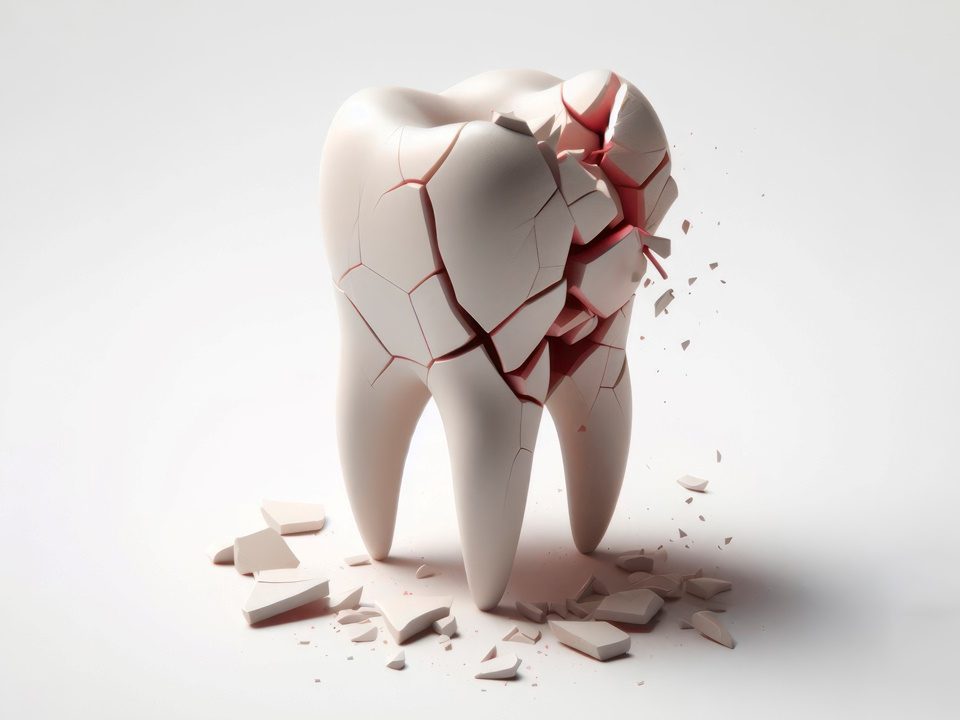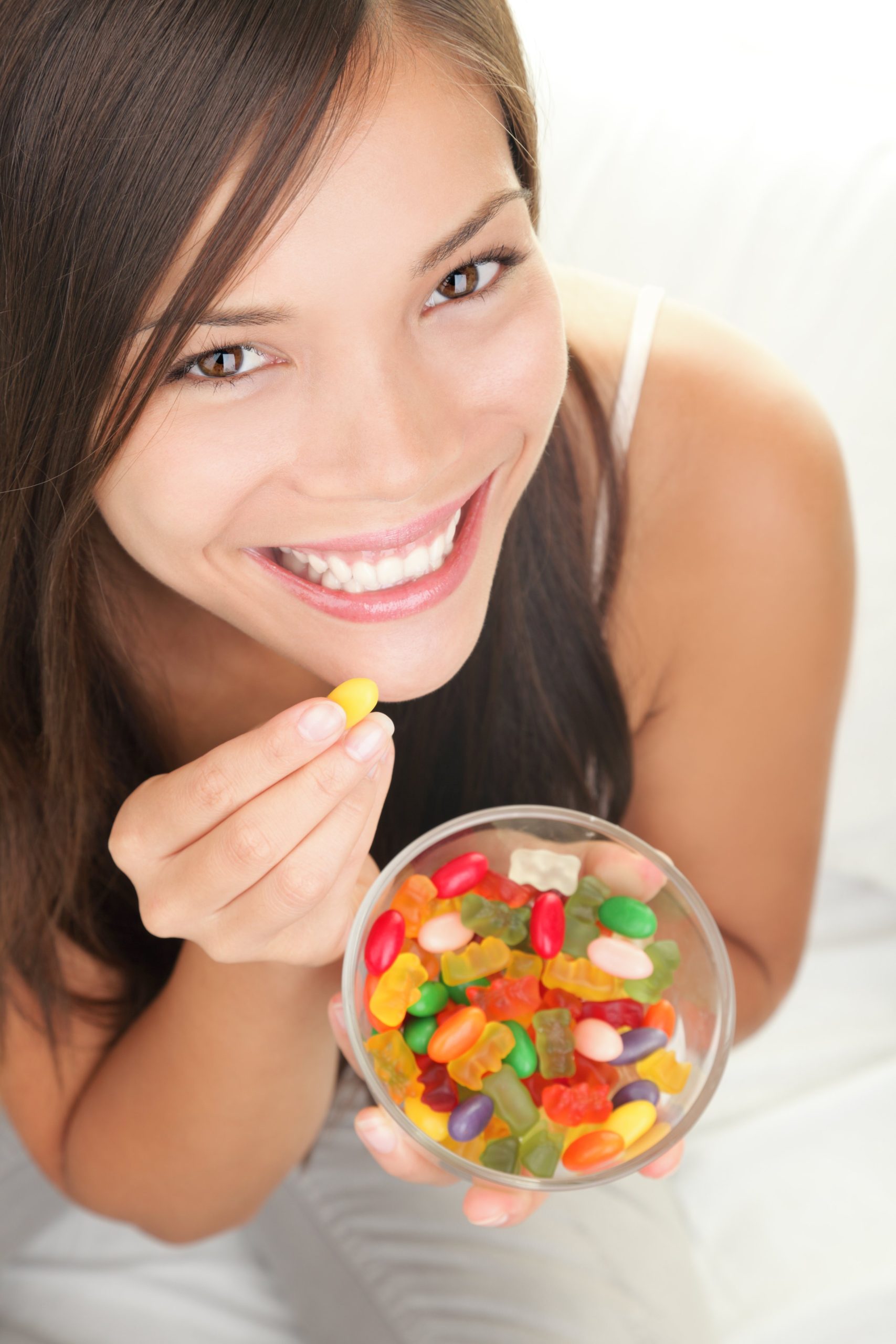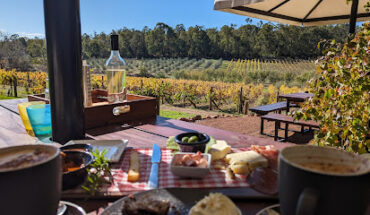Australians love a good drink – whether it’s a morning flat white, a cold bottle of kombucha, or a refreshing iced tea on a hot summer’s day. But as more people swap out soft drinks for “healthier” beverage alternatives, it’s important for dental professionals to stay across the oral health implications. From acidity to sugar content, not all drinks are as innocent as they seem. Here’s what dentists should be aware of when advising patients on their favourite drinks.
1. Acid Attack: It’s Not Just Soft Drinks
When people think of drinks that harm teeth, soft drinks like cola usually spring to mind. But acidic beverages such as kombucha, fruit juices, and even sparkling water can erode enamel over time.
Acid erosion weakens the tooth surface, making it more susceptible to decay, sensitivity and discolouration. Many Aussies are jumping on the gut health trend, sipping on kombucha thinking it’s a healthier alternative. While it may be great for digestion, it’s still acidic – and that spells trouble for teeth.
Educating Patients:
Encourage patients to use a straw when drinking acidic beverages and to rinse with water afterwards. Importantly, advise them not to brush immediately after – as enamel is softened and vulnerable post-consumption.
🔗 Learn more about tooth erosion and prevention from the Australian Dental Association
2. Hidden Sugars in “Healthy” Drinks
Juices, smoothies, and sports drinks often wear a health halo – but many contain high levels of sugar. Even “no added sugar” options may have naturally occurring sugars from fruit that contribute to tooth decay.
Take green juices, for example. They may sound healthy, but with a base of apple or pineapple juice, the sugar content can rival that of soft drinks. Combine that with natural acids, and it’s a double whammy for enamel.
What Dentists Can Do:
Educate patients on reading nutrition labels and being aware of sugar content – especially in drinks marketed as “clean” or “natural.”
🔗 For a breakdown of sugar in common beverages, visit the Rethink Sugary Drink campaign – a valuable tool for patient education.
3. Coffee Culture: What’s Brewing for Teeth?
Australia’s coffee culture is alive and well – from a quick espresso to a slow sipper latte in a local café. While black coffee isn’t particularly harmful in terms of sugar or acid, it’s the add-ons that pose risks.
Milk-based coffees and flavoured syrups can increase sugar intake. Additionally, coffee is a major culprit for teeth staining – a cosmetic concern that many patients want help managing.
Suggested Advice:
Encourage moderation and offer whitening options for patients concerned about staining. Recommend brushing or rinsing after their daily cuppa.
🔗 teeth whitening services to offer helpful solutions to coffee lovers.
4. Alcoholic Beverages: Party for the Palate, Peril for the Teeth
 Warmer months bring backyard BBQs, Sunday arvos at the pub, and crisp white wines or cocktails by the beach. But alcohol isn’t kind to oral health.
Warmer months bring backyard BBQs, Sunday arvos at the pub, and crisp white wines or cocktails by the beach. But alcohol isn’t kind to oral health.
Many alcoholic drinks are acidic and sugar-laden. Mixers like tonic water or cola compound the problem. Alcohol also dries out the mouth – reducing saliva flow, which is vital for washing away food particles and neutralising acid.
Clinical Recommendation:
Talk to patients about drinking water between alcoholic beverages to stay hydrated and help mitigate dry mouth effects.
🔗 Check out Dry Mouth resources from Healthdirect Australia.
5. Beverage Trends in Australia: What to Watch For
New drinks hit Aussie shelves every month – with trends pointing to:
-
Flavoured sparkling waters
-
Cold brew teas
-
Coconut water
-
Plant-based milks (almond, oat, soy)
These might be marketed as “better-for-you” options, but they aren’t without concern. Flavoured waters often contain citric acid, and plant milks may lack the calcium of dairy – a key mineral for maintaining healthy teeth.
🔗 Here’s a more detailed look at the importance of Calcium and Oral Health further education.
6. Talking Preventative Care with Patients
One of the easiest ways to reduce beverage-related dental issues is to emphasise the basics:
-
Regular check-ups

Twice-daily brushing with fluoride toothpaste
-
Flossing daily
-
Drinking tap water (fluoridated in most parts of Australia)
By integrating beverage talk into general oral health education, dentists can connect with patients on real-world habits – making advice more relevant and personalised.
7. Marketing Tip: Use Beverages as Content Hooks
For dental clinics, beverage-related content is a great way to engage local communities. Consider blog posts like:
-
“The Best and Worst Summer Drinks for Your Teeth”
-
“Why Your Morning Juice Might Be Damaging Your Enamel”
-
“Kombucha and Cavities: What You Should Know”
This type of seasonal, lifestyle-driven content performs well in search engines and helps build trust with potential patients.
💡 Boost your content strategy with lead generation techniques for dentists to grow your practice online.
Final Sip: What Should Dentists Take Away?
Beverages play a bigger role in oral health than most people realise. From hidden sugars to acid wear and dry mouth, being proactive about drink choices can significantly reduce dental issues.
As a dentist, staying informed about beverage trends and educating patients in simple, relatable ways makes a world of difference. Whether it’s through blog posts, in-chair chats, or social media tips – don’t underestimate the power of a good (and timely) reminder.
👨⚕️ Looking for more industry insights? Check out Spring-Summer 2025 Café & Beverage Trends for a deeper dive into what’s popular and how it impacts oral health.
.





